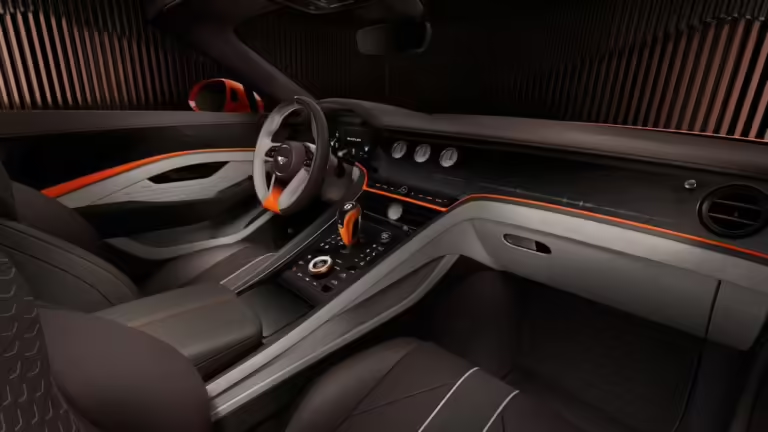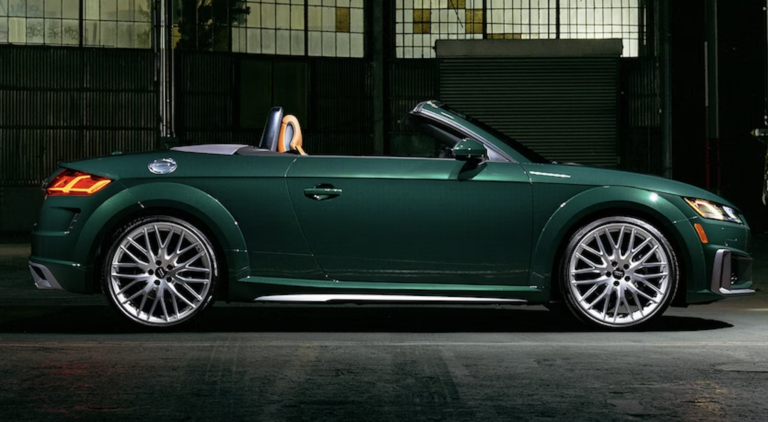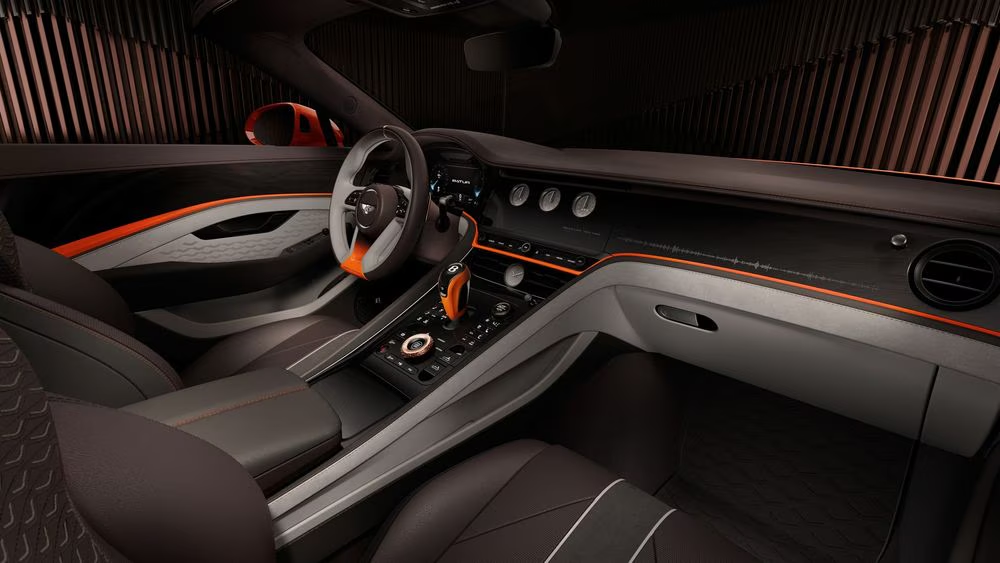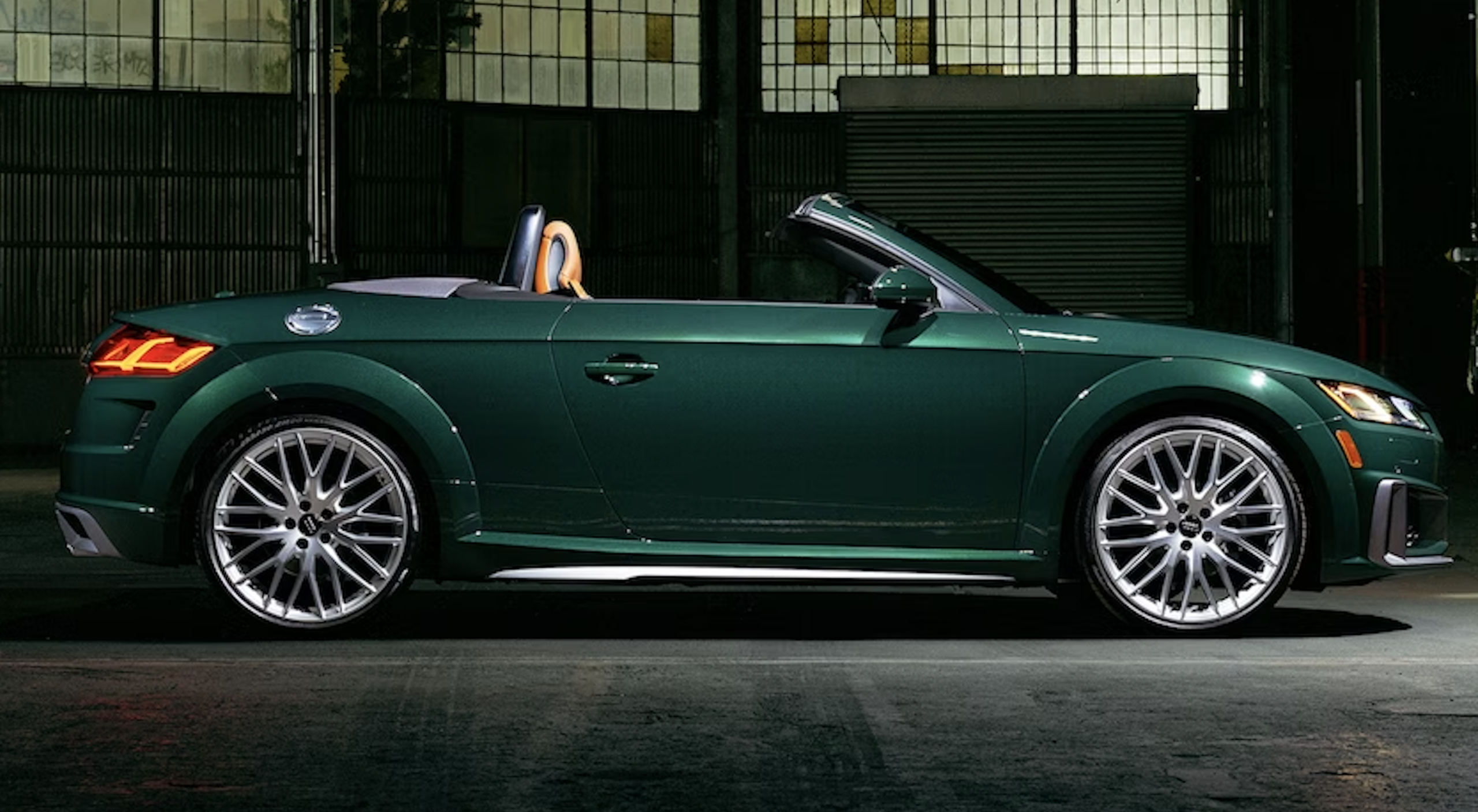FRANCE – SPEEDS, TOLLS, TRAFFIC REGULATIONS

Redakcja Cabrio Magazyn
January 22, 2020r.
Similar from this category
21 June, 2024
13 November, 2023
01 November, 2023
BMW Skytop Concept. Luxury Targa in limited edition
21 June, 2024
AUDI TT FINAL EDITION or the end of a design icon
13 November, 2023
DS MANAGER. HAPPINESS AND POSITIVE VIBES WITH PARTNERS
01 November, 2023
GENERAL INFORMATION
It is one of the largest in Europe and a beautiful country with a very well-developed highway network. If you’re traveling to France, it’s worth knowing the rules of the road there to reach your destination without surprises.
To enter France, all you need is an ID card or passport.
Necessary equipment
- warning triangle
- reflective vest
- a set of spare bulbs
- exterior rearview mirror
REGULATIONS AND PENALTIES
- persons who are at least 18 years old are authorized to drive a vehicle
- It is forbidden to possess radar interfering devices, fines are up to €3,000
- in built-up areas (especially in Paris), watch out for pedestrians, who have absolute priority
- the obligation to wear seat belts applies to all passengers
- it is required to have third party insurance of the car (and trailer), Polish insurance policies are honored on the territory of France without restrictions
- When driving, the regulations prescribe a safe distance between the preceding vehicle, equal to the distance of the road traveled by the vehicle in 2 seconds (at 50km/h it is about 30 meters)
- Driving with dipped headlights on is recommended 24 hours a day, however, it is not mandatory to use them
- there is an obligation to use anti-skid chains in places marked with road signs
PERMISSIBLE BLOOD ALCOHOL CONTENT
MINIMUM FINE FOR DRUNK DRIVING
MAXIMUM AMOUNT OF DRUNK DRIVING FINE
PERMISSIBLE WIDTH OF VEHICLES
2,55 m
PERMISSIBLE HEIGHT OF VEHICLES
4 m
PERMISSIBLE LENGTH OF THE VEHICLE COMBINATION
18,75 m
ROAD TOLLS
France’s highway network numbers about 10,000. kilometers. Tolls are charged for highways depending on the type of vehicle and the length of the highway section. Tunnel and bridge crossings are also tolled. The Eurotunnel under the English Channel cannot carry cars with LPG systems for safety reasons. Tolls can be paid with cash or credit cards.
SPEED LIMITS
In built-up areas, the speed limit is 50 km/h. Other restrictions are outlined below.












